Susan Milius
Life Sciences Writer, Science News
Life sciences writer Susan Milius has been writing about botany, zoology and ecology for Science News since the last millennium. She worked at diverse publications before breaking into science writing and editing. After stints on the staffs of The Scientist, Science, International Wildlife and United Press International, she joined Science News. Three of Susan's articles have been selected to appear in editions of The Best American Science Writing.

All Stories by Susan Milius
-
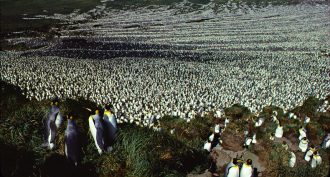 Animals
AnimalsWhere did all of those king penguins go?
Île aux Cochons in the southern Indian Ocean was once home to the largest known colony of king penguins. Most of those birds are now gone and no one knows why.
-
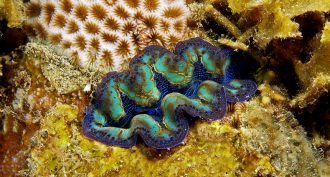 Animals
AnimalsHere’s how a clam can hide within a rock
Old boring clam research has been upended after 82 years.
-
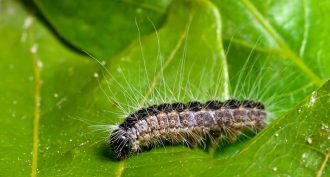 Animals
AnimalsThese caterpillars are scaring the city of London
The fluffy-haired larvae of the oak processionary moth have a curious behavior, moving in neat, little lines. But the caterpillars pose threats to trees and human health.
-
 Animals
AnimalsChemicals from the world’s longest animal can kill cockroaches
The stuff in this sea worm’s slime can kill off green crabs, too.
-
 Life
LifeFighting ‘like an animal’ may not be what you expect
Evolution has produced a broad range of conflict styles. And some of the best examples come from outside the world of the familiar.
-
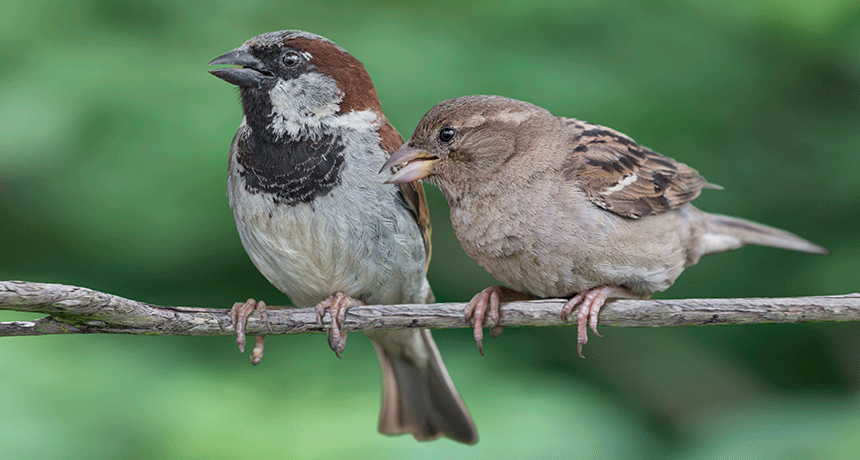 Environment
EnvironmentLight at night lengthens how long birds can spread West Nile virus
Light at night prolongs the time it takes these birds to knock out a West Nile infection. Mosquitoes that bite them during this time can pick up and spread their virus to others — even people.
-
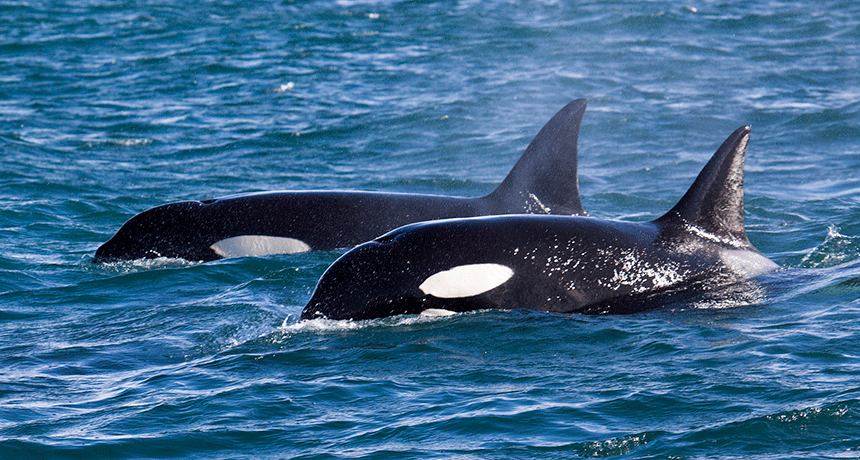 Animals
AnimalsKiller whale blows a raspberry, says ‘hello’
Orcas can mimic a range of sounds, including human speech — sort of.
-
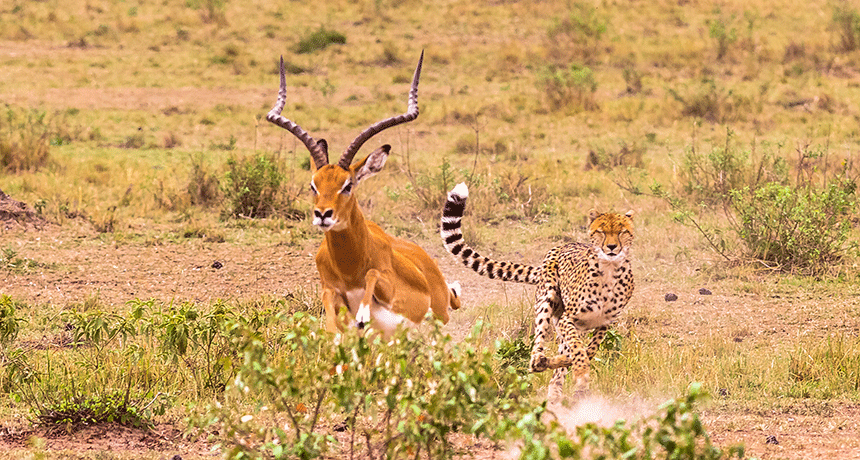 Animals
AnimalsTricky turns give prey a chance against lions and cheetahs
A bonanza of running data on wild predators shows that a successful hunt requires more than sprinting.
-
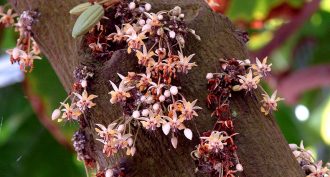 Plants
PlantsBlooms on ‘chocolate’ tree are crazy-hard to pollinate
The cacao trees must be pollinated or those seeds that give us chocolate will never form. The rub: The trees’ flowers challenge all but some of the tiniest pollen-moving insects.
-
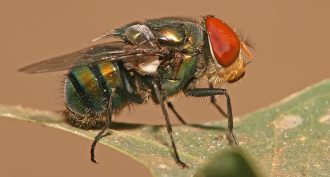 Animals
AnimalsBlowflies keep their cool with drool
Personal air conditioning the blowfly way: Dangle a droplet of saliva and then swallow it.
-
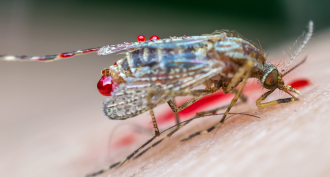 Animals
AnimalsSucking blood isn’t an easy life, even for vampires
Real vampires include bats, insects and even birds. And they’ve had to develop novel ways of dealing with a diet of blood.
-
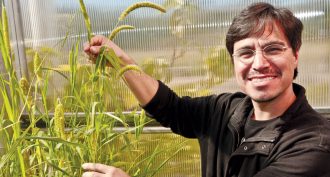 Plants
PlantsCool Job: Rethinking how plants hunt for water
Studies probing the very beginnings of root development may have important implications for growing food in a world where the climate is changing.